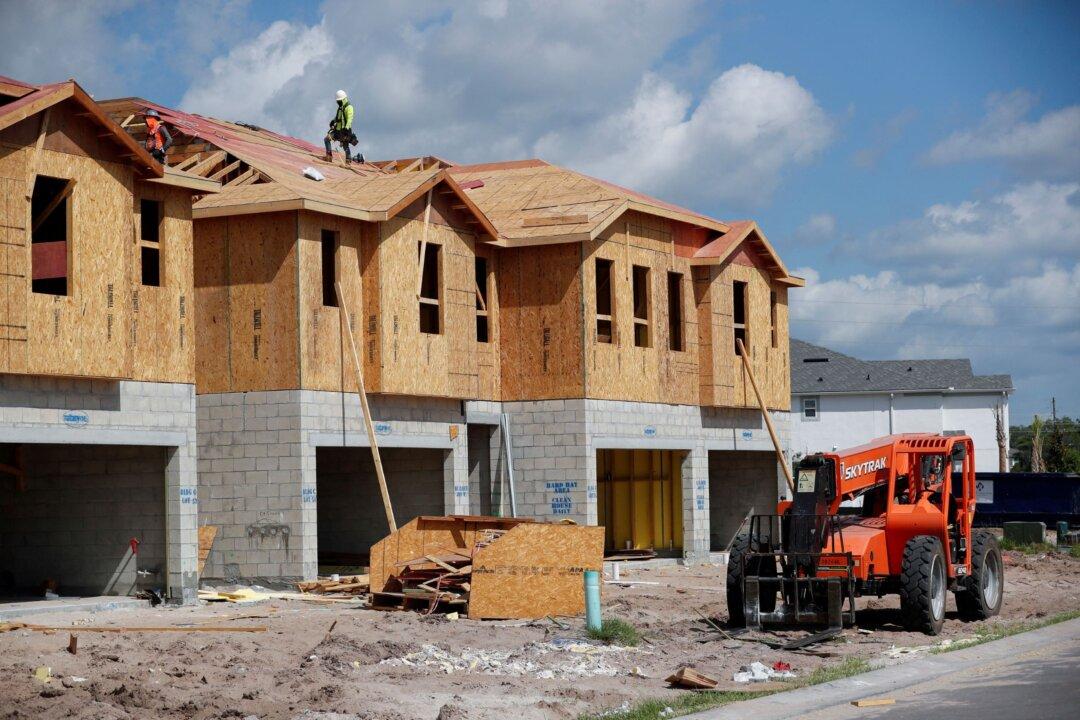Home prices in the United States increased by a multi-decade record rate in 2021 due to the COVID-19 pandemic and resulting change in housing location preferences, according to a recent report published by S&P Dow Jones Indices (S&P DJI).
The National Composite Index, which measures home price gain, increased by a record 18.8 percent in calendar year 2021, said the Feb. 22 report (pdf). This is the highest such increase the index has seen in 34 years, with the previous high being the 10.4 percent gain in 2020.





